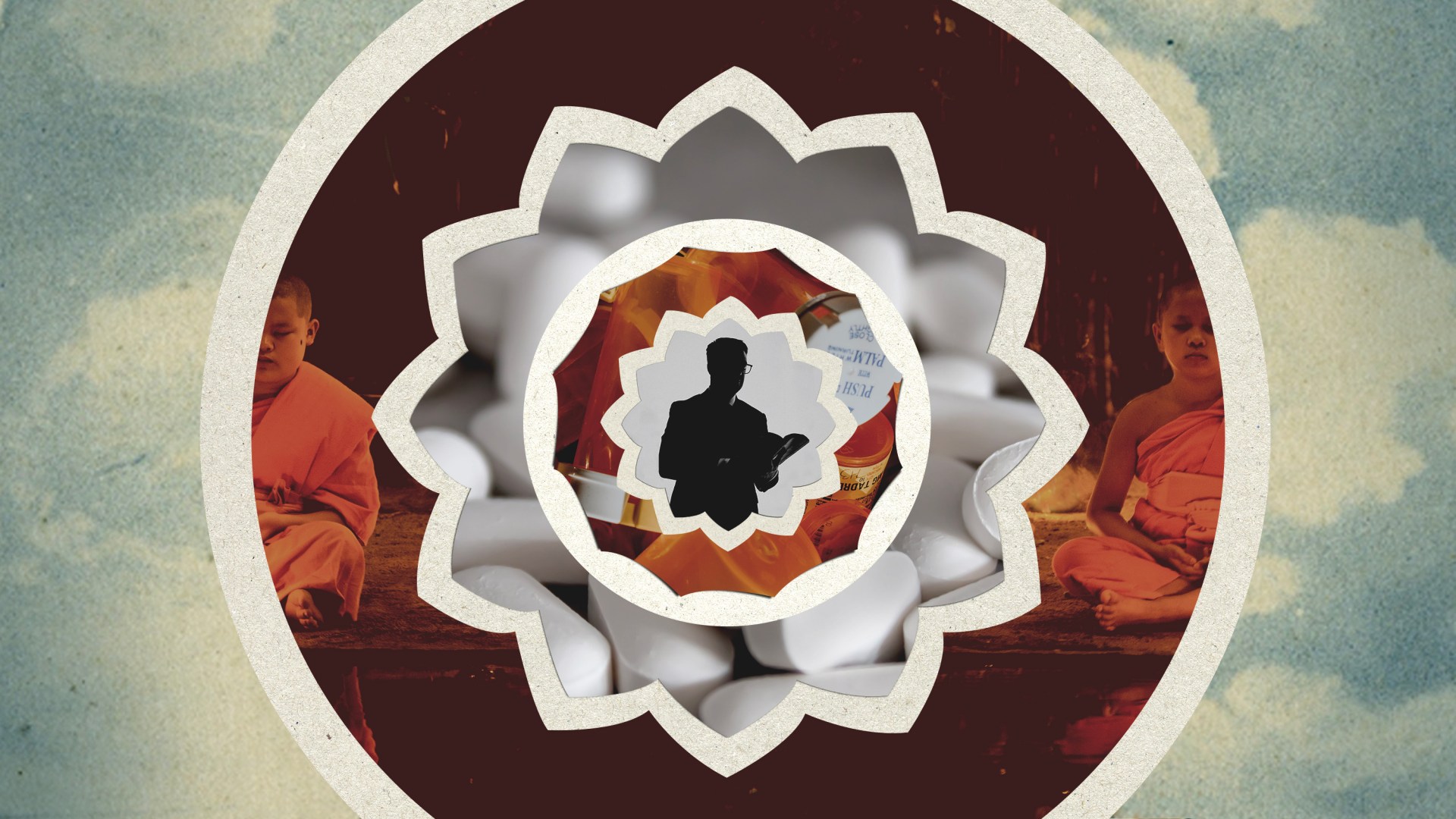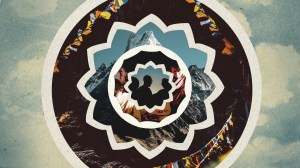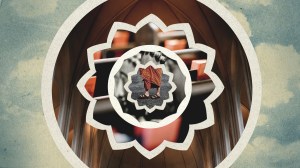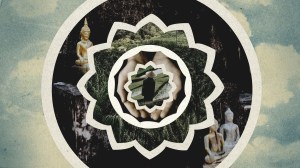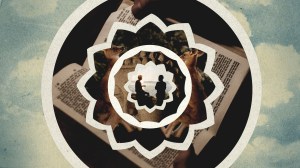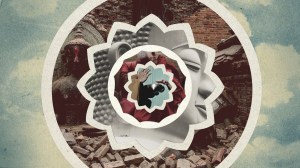In this series

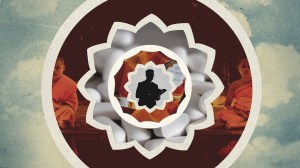
Surrounded by lush jungle mountains drenched in tropical fog, the Thai town of Mae Sot near the Thailand-Myanmar border is famous for its trade in precious gems and teak. Yet beneath its picturesque façade, the town is the center of illicit cross-border trade, drugs, and human trafficking. Myanmar’s decades-long civil war is felt in Mae Sot: Residents hear gunfire, experience an occasional mortar shell dropping in the streets, and see thousands of refugees fleeing across the border into their town.
In the midst of the chaos, Thai pastor Somphon Sriwichai is seeking to create order. His church operates a school for migrant children from Myanmar and safe houses for children at risk of sex trafficking, and they also provide shelter for refugees and relief for disasters. Sriwichai’s life story—from a Buddhist monk to a gangster to a missionary and pastor—demonstrates the power of Christ to change lives, communities, and even places like Mae Sot.
Here is Sriwichai’s story, as told to Kelly Hilderbrand, his friend and colleague for the past 27 years.
Dedicated to the temple
I was born in 1959 in the village of Nong Bua in the Chiang Mai district, a mountainous region of northern Thailand. My mother died in childbirth. As a baby I became very sick, but my family didn’t have the money to take me to a hospital.
Instead, they invited a Thai traditional healer and a shaman to heal me. They prepared herbal medicine, conducted rituals, and sacrificed a chicken, but nothing worked. With no other option, my father took me to the local temple and made a vow to the Buddha idol that if I was healed, I would become a monk. From that moment, I began to recover.
At eight years old, I went to live in the temple and later became ordained as a novice monk. I remember my father telling me that I was no longer his child—I was now a child of the temple.
Daily life in the temple began at 3 a.m., when I woke to meditate and memorize the dharma (Buddhist teachings). After that, we would chant, pray, collect alms, and eat breakfast. Then us novice monks would wash dishes, clean, and walk nearly two miles to the local school.
Life as a young monk was not easy, as we could not eat solid food after noon. After school, I walked back to the temple to sweep and clean the grounds. In the evening, we would sit at the feet of a senior monk to chant and memorize the dharma. At the time, I just wanted to play, eat, and make loud noises like a normal kid, but the temple had many rules and regulations.
By the time I was 19 years old, I had had enough: How could anyone have peace when he is hungry? The life of a monk had not brought me peace. So I decided to leave the monkhood.
Descent into darkness
I returned home to live with my father and began indulging in the pleasures of the world: drinking, smoking, and other things that had been forbidden in the temple. My life took a dark turn as I started hanging out with criminals, drug dealers, and murderers.
After I joined a gang, I soon found myself serving under a new set of restrictions. I had to obey their orders. If I refused, there would be terrible consequences. I was constantly on the move, evading the police and avoiding other criminal gangs.
I ended up hiding in the jungles and mountains surrounding Chiang Mai, living among the Communists who were fighting the government in the ’70s and ’80s. Fierce gun battles often broke out, and once, police arrested me for associating with Communists. Drugs and alcohol became the balm to control my raging anger and emotions.
One night when I was 29, I was drinking heavily and using drugs with a friend when we heard people singing. “What kind of party is that?” I asked. He answered, “That’s not a party, those are Christians.” Curious, I decided to check it out.
I stood at the entrance of the home, staring at the gathered crowd seated on the floor. I knew I was a scary sight: a drunk with long hair, a matted beard, dirty clothing, and the weathered look of an addict. People were afraid to look directly into my face.
But the cell leader looked straight at me. He smiled and invited me in. Immediately, I did not trust him. Why would anyone invite a dangerous person into his home? I sat directly across from the leader, waiting for a confrontation.
After worship, I challenged the leader with questions. As a former monk, I was able to stump him with my questions. But he responded by calmly explaining the gospel to me. “If you believe, you will see the grace of God,” he said. I thought to myself, In Buddhism, there is no grace. There is no forgiveness. In Buddhism, if we do good, we will receive good. If we do evil, we will receive evil.
I knew that, according to my own religion, I was destined to be reborn into one of the levels of hell because of the bad things I had done. I began to wonder about this grace and to hope for this forgiveness. So I asked the leader, “Where is this grace and how do I receive it?”
The cell leader answered, “It’s easy. Just bow your head, close your eyes, and pray after me.” Uneasily, I closed my eyes while remaining attentive, in case he attacked me. I was ready to shoot the man if he made any sudden moves. But as I repeated the words of the prayer, something inside me broke. I began to weep. I sensed that my many sins had been forgiven. I had been changed but did not know what to do next.
Three months later, I was in Chiang Mai on a Sunday when I saw the sign for a church meeting in a factory. Wanting to know more about Jesus, I entered. Despite my rough appearance, the people warmly welcomed me and ushered me to the front. At the altar call, I prayed again and wept. That was the day I considered myself a Christian.
I cut my hair, shaved my beard, and joined the community of Christians. I stopped running and found that no one was chasing me. The police and the gangs had lost interest in me. After attending a three-month Bible training course, my church sent me to help a new church plant in Chiang Dao, 45 miles north of Chiang Mai.
Following God’s calling
After one year in Chiang Dao, I felt called to live among the Lahu tribal people and moved to the village of Nongkhiu. I didn’t know anyone in that community. Except for some of the young people, no one spoke Thai and I spoke no Lahu. I could not share the gospel with them, but I could live among them and witness by example.
Early every morning, I would climb a mountain to pray. The villagers watched me and followed me up the mountain to observe. I would sing worship songs and the Lahu joined me, repeating the words and following along. I read a chapter of Scripture before eating. Others would sit with me and listen. Whether they understood the words or not, they understood the example. Today, hundreds of those villagers are Christian, several are pastors, and many are still very dear to me.
After almost a year, I wanted to learn more about the Bible and went to study at a Bible training center in Fang District in the northern tip of Thailand. Again, after only a short time, the leader of the Bible school convinced me to come with him to Bangkok to start a church in the slums of Khlong Toei. He thought that, with my criminal background, I would be able to reach the people. But quickly I realized God had not called me there. One Sunday in 1989, I shared with my Bangkok church a dream I had received from God. In the dream, I saw a very pregnant black pig that had no place to give birth. A man picked up and carried the animal until they reached three homes. The pig then squirmed out of the man’s arms and ran behind the last of the three homes, where she gave birth to black and white piglets that began suckling at the mother’s teats. More and more piglets gathered around the mother until she was covered in a mountain of piglets.
Shortly afterward, on a trip with my pastor, I visited the town of Mae Sot. Suddenly, I realized this was the place I had seen in my vision! I even saw the three houses. I rented them and started a church in the last one.
Every day I would walk through Mae Sot praying out loud, and I soon received a reputation as the weird Christian man. Yet the church began to grow. I shared the gospel at the hospital and bus terminal to anyone who would listen and prayed with anyone who would receive. People were healed, including one socially prominent woman who was delivered of a demon.
Still, my heart for the Lahu never wavered. On Mother’s Day 1990, I rode my motorcycle to the Lahu village of Doi Muser in the mountains above Mae Sot. I walked to the village center and asked for permission to speak. When granted permission, I began to preach. Although many people had gathered, only two seemed interested in the message.
After preaching, the two men challenged me. “If Jesus really is the great God and has this power, come and pray for our village shaman.” The shaman had been sick for at least a week, lying in his hut alone. I approached the house and entered the dark, musty room. The man was very ill, barely able to move.
I knelt and explained the story of Jesus to him. I didn’t know if the man was listening, but I asked him if he wanted to be healed. He nodded his head. About 15 minutes after we prayed, the man sat up and prepared food for us to eat. The two men who had challenged me and the former shaman decided to follow Jesus. This was the first of many churches started among the hill tribes surrounding Mae Sot.
Serving in a border town
Today, my church in Mae Sot has services in three languages: Thai, Karen (spoken by an ethnic group of the same name in Myanmar and Thailand), and Burmese. However, because most of the Burmese are in Thailand illegally, we started to conduct services in homes instead of at the church. Presently, we are constructing a new building that will hold 500 people.
We serve the community by running a school for the children of the many migrant workers in the town. The school has more than 300 students enrolled, from first through seventh grades. We also have three homes near the church for children at risk of abuse or human trafficking, one for boys and two for girls. The church also operates a foundation that provides help in times of disaster, including floods, fires, and other tragedies. Refugees fleeing the fighting across the border in Myanmar often live and sleep among the trees surrounding the church and we help provide food and medical help.
Now as I look back, my old life is gone. I once lived in darkness with no future. I once lived among people rejected by society, but Jesus Christ changed my life and called me to serve him. I only graduated from the ninth grade and had never studied the Bible until God allowed me to be his witness and to serve him.
I want to encourage and challenge both the young and the older generations to give themselves to the service of God. God doesn’t need our knowledge but our heart. When you change your life and decide to walk with God, God will use you for good. If God can use a dead, worthless person like me, God can use anyone.
Somphon Sriwichai is the pastor of Mae Sot Foursquare Church and president of the Foursquare Churches in Thailand. Kelly Michael Hilderbrand is the director of the DMin program at Bangkok Bible Seminary and the founding pastor of Our Home Chapel Bangkok.

